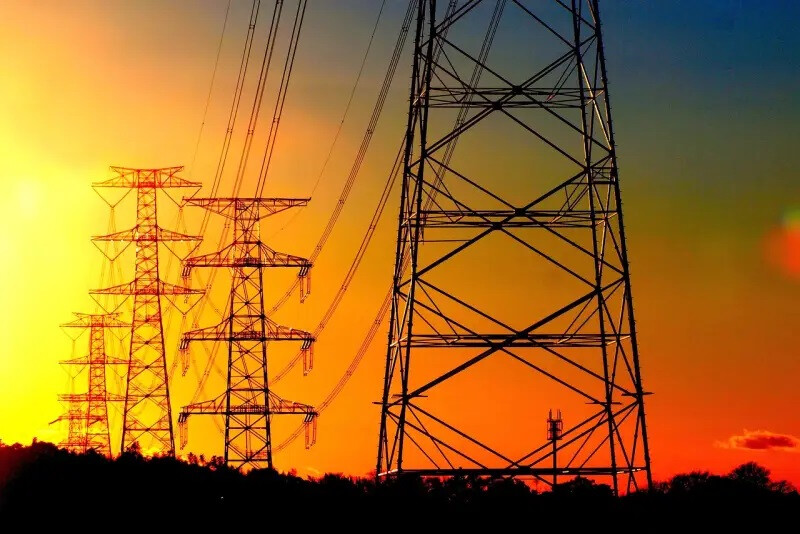
A recent trade dispute between the United States and Canada has escalated, with electricity emerging as a key point of contention. The conflict began when Ontario Governor Doug Ford imposed a 25% surcharge on electricity exported to three U.S. states, a move that was quickly followed by retaliatory threats from the U.S. government.
Tit-for-Tat Measures
The dispute unfolded rapidly. Governor Ford's decision to add a 25% tax to electricity sold to New York, Michigan, and Minnesota was a direct response to tariffs imposed by the U.S. on Canadian steel and aluminum. In turn, then U.S. President Donald Trump threatened to increase tariffs on Canadian goods. However, both sides have since stepped back from the brink, with Governor Ford rescinding the electricity surcharge and the U.S. government withdrawing its tariff threats.
The Interconnected Grid
The core of the issue lies in the close energy relationship between the two countries. Canada is a net exporter of electricity to the U.S., and their power grids are highly interconnected. According to the U.S. Energy Information Administration (EIA), the two nations engage in approximately $95 billion worth of energy trade annually. While Canadian electricity accounts for less than 1% of total U.S. consumption, it is crucial for certain states, particularly those bordering Canada.
Key Points:
Dependence:States like New York, Michigan, and Minnesota rely on Canadian electricity to maintain grid stability.
Conversely, Canada also imports U.S. electricity, especially during periods of drought affecting its hydropower capacity.
Political Leverage:The dispute highlights how essential resources like electricity can be used as political and economic weapons.
The situation echoes past instances where countries have used energy resources for diplomatic pressure.
Potential Consequences:Disruptions to electricity supply could lead to increased energy costs for consumers and industries.
The stability of the U.S. power grid could be compromised, potentially leading to shortages.
Looking Ahead
While the immediate tensions have eased, this incident underscores the complexities of the energy relationship between the U.S. and Canada. The interconnected nature of their power grids means that any trade dispute has the potential to cause significant disruptions. As both countries navigate their energy needs, it is clear that careful diplomacy will be essential to maintaining a stable and reliable electricity supply.
[Copyright (c) Global Economic Times. All Rights Reserved.]






























